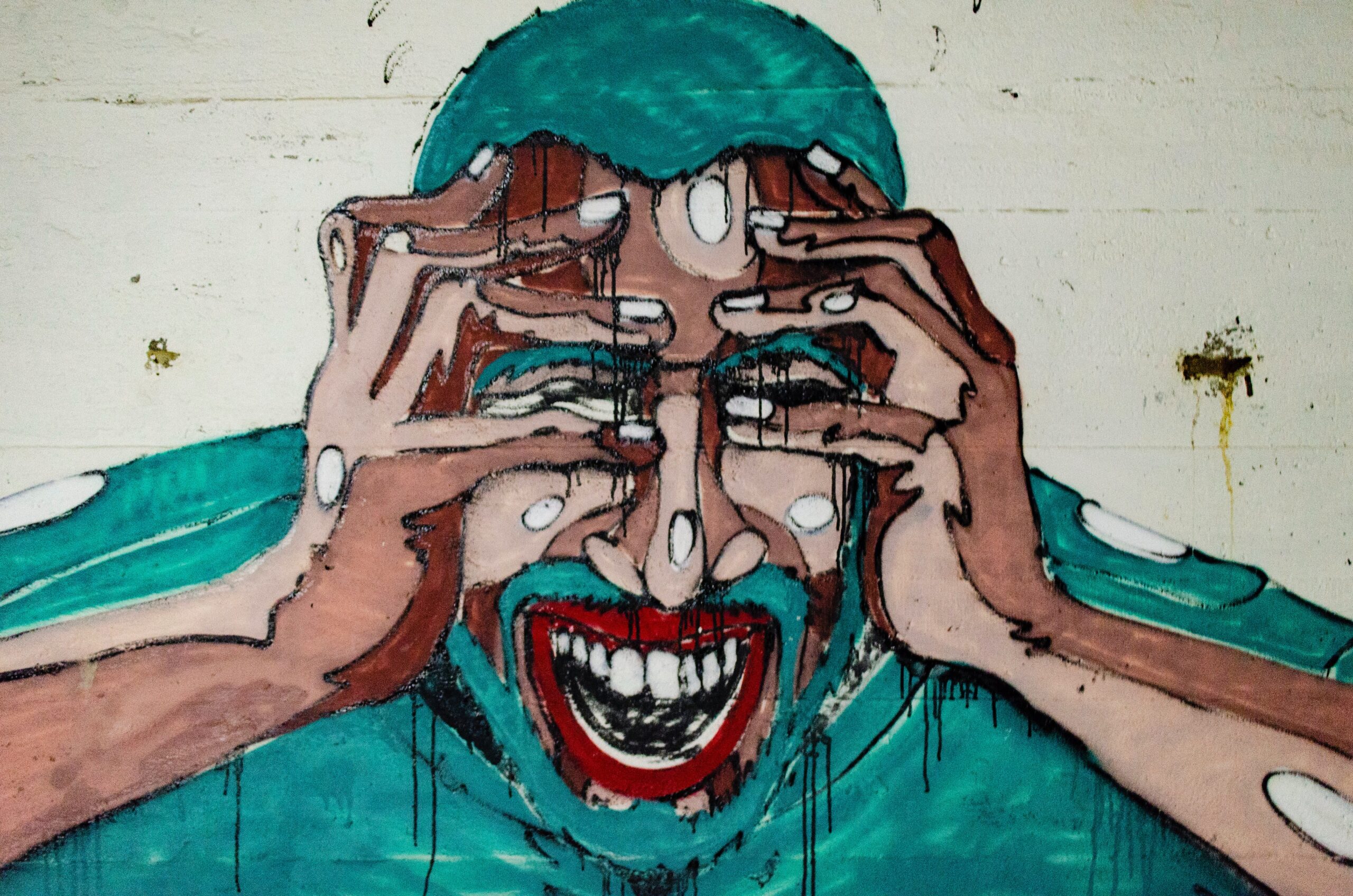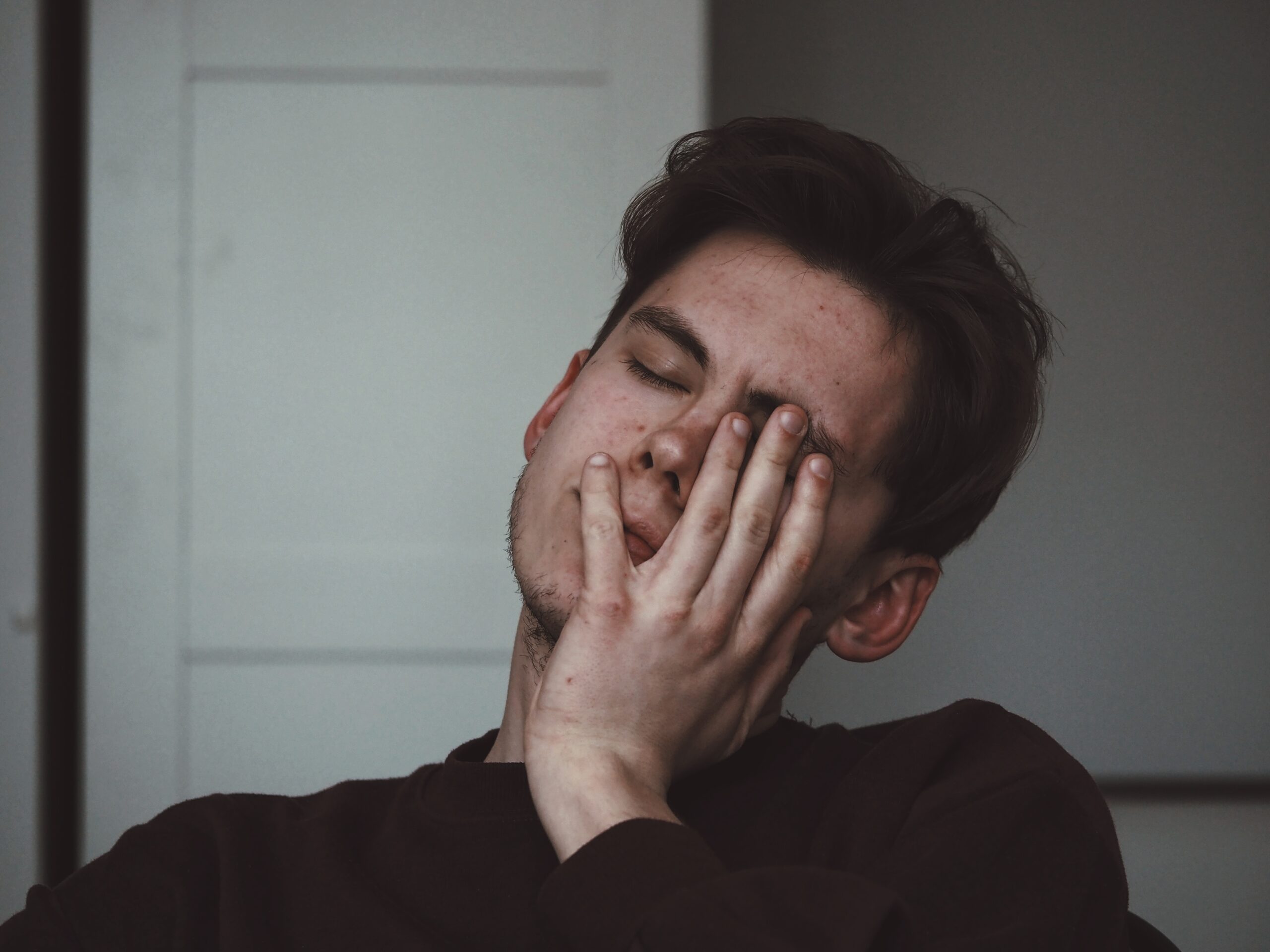You will be exhausted
Everyone has experienced fatigue, but withdrawal can completely drain a person’s strength. There’s a good chance you’ll be too exhausted to do anything more than the bare minimum. Unfortunately, you probably won’t be able to sleep either due to the other withdrawal symptoms you’re experiencing.
It’s encouraging to know that natural remedies exist for fighting fatigue. The practise of meditation, or quiet introspection, can help you overcome fatigue by calming your mind and bringing it into focus.



You will experience extreme physical discomfort
Your body will feel like it’s battling itself despite having very little energy, which will just make you feel more worn out. There is a lot of physical discomfort associated with withdrawal. It’s possible you’ll get a sensation of heat throughout your body; some people describe this as “feeling like their body is on fire.” Additionally, you may feel a prickling, pins-and-needles sensation all over your body accompanied by a throbbing pain. You might feel your body temperature fluctuate wildly and unexpectedly. There will be times when you feel really hot and sweaty. And then, after only a little while, you might feel icy cold and start shivering.






